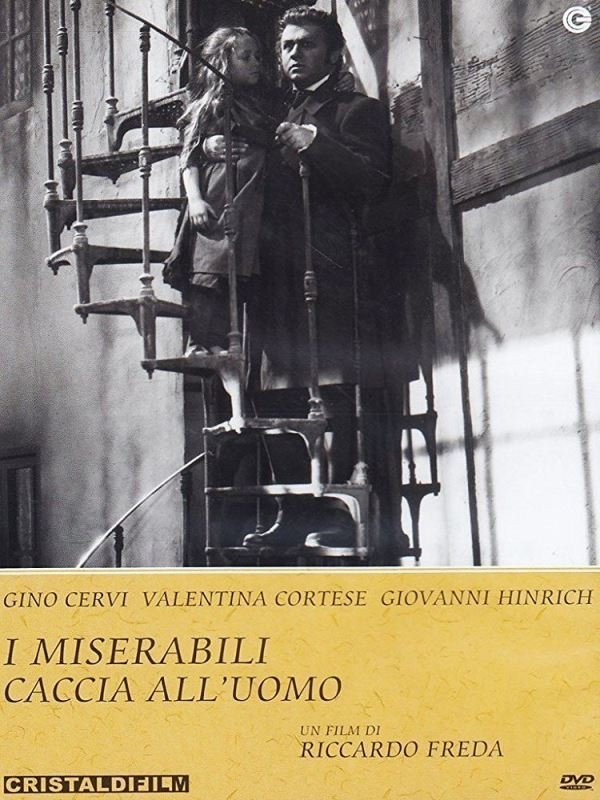

Yet while it might be familiar, Ly, who comes from Montfermeil, imbues the film with a palpable sense of time and place, never at the expense of tension and excitement. Les Misérables shares equal amounts of DNA with La Haine, Assault On Precinct 13, Do The Right Thing, Spiral and any number of US police dramas. On a white-hot, irritable day, the theft of a lion cub by live-wire teen Issa (Issa Perica) acts as a flashpoint and things escalate into a near riot that propels the film into a different realm of energy and danger altogether.

The trio (as opposed to the usual buddy-cop duo) makes for an interesting dynamic as Stéphane (and the audience) get the lie of the land on the estate, where the lord of the manor (Steve Tientcheu) enjoys a reciprocal relationship with the 5-0 and rival sections -Muslim Brotherhood, Romany circus workers and gangs of disenfranchised kids - live uncomfortably together. Rookie idealistic cop Stéphane (Damien Bonnard, solid) joins the Anti-Crime Squad who police the projects - chiefly racist, repugnant alpha male Chris (an electric Alexis Manenti) and his Black partner Gwada (Djebril Zonga), who bristles at Chris’ behaviour but is not beyond reproach. Ly imbues the film with a palpable sense of time and place, never at the expense of tension and excitement.įollowing documentary footage of the multi-cultural celebrations following France’s 2018 World Cup win - a soon-to-be-forgotten joyous note - the action takes place over two days in Les Bosquets, a housing estate in the eastern Parisian suburb of Montfermeil (also a key locale in Hugo’s novel).


 0 kommentar(er)
0 kommentar(er)
